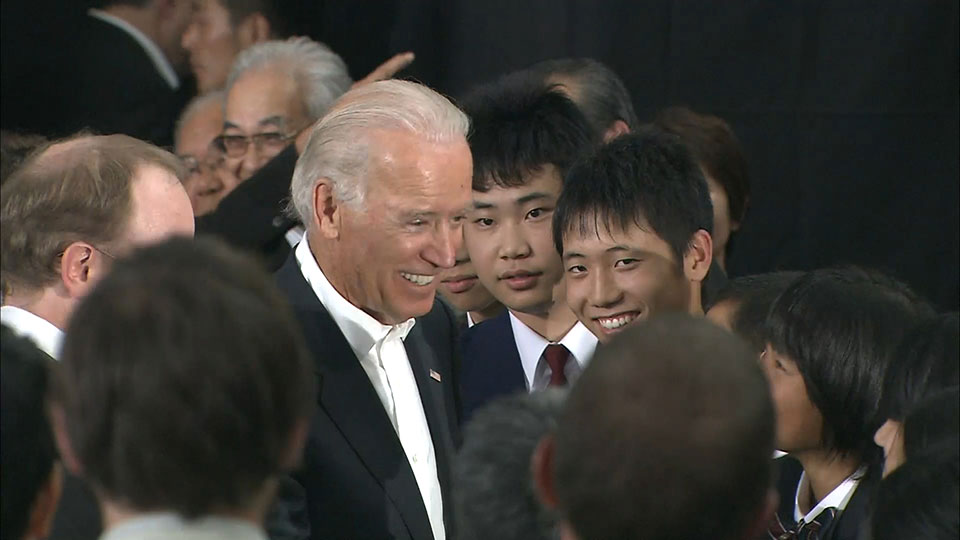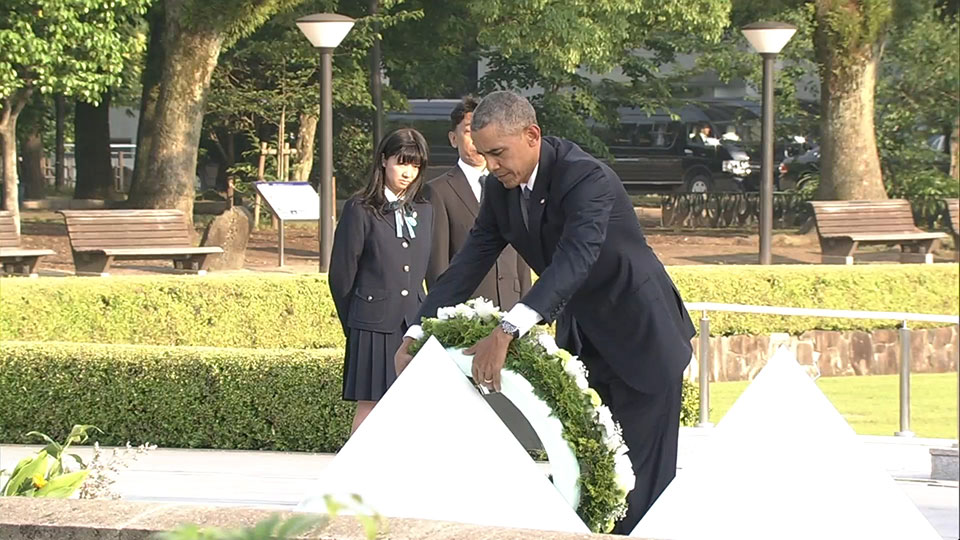“Japan and the United States are allies that share freedom, democracy and universal values,” Suga told reporters at his Tokyo office on Monday. ”I would like to work with the nation to further strengthen the Japan-US alliance and ensure peace and prosperity in the Indo-Pacific region.”
Suga added that he plans to phone or visit the US for a meeting with the president-elect. The Japanese leader is expected to aim to build a personal relationship of trust with Biden, as his predecessor Abe Shinzo did with President Donald Trump.
It is understood that the Japanese government and ruling party officials are hoping the two countries can deepen their partnership to deal with global challenges, including the coronavirus pandemic and climate change. Protectionism and other Trump administration policies led to disruption of global unity on occasions such as at Group of Seven meetings. But Biden appears willing to place a greater emphasis on international cooperation and alliances.

Some in Japan lay their hopes that the president-elect can help with particular causes. Among them are the atomic bomb survivors in the cities that were devastated by the US nuclear attacks in 1945. Biden was the vice president when Barack Obama became the first sitting US leader to visit Hiroshima.
“I want Biden to urge the nuclear powers and countries under the nuclear umbrella to take action to eliminate nuclear weapons,” says survivor Tanaka Shigemitsu. “I want him to visit the Peace Memorial Museum and the Atomic Bomb Dome, and directly hear the stories of the hibakusha (atomic bomb survivors).”
Another group of people seeking Biden’s support are the families whose loved ones were abducted by North Korea in the 1970s and 80s. Iizuka Shigeo, 82, whose sister was taken, says the abductees’ relatives met President Donald Trump, as well as his predecessors Obama and George W. Bush, as part of their longstanding bid to resolve the issue.
“The United States has constantly shown a cooperative stance, and I expect Biden will also work on the issue,” says Iizuka. “But we families and abductees have little time. I want the Japanese government to continue to push the US as well as make its own effort.”

Miyake Kunihiko, a former Japanese diplomat and visiting professor at Ritsumeikan University, expects the Japan-US relationship to remain stable under the incoming administration. He envisages an easier working dialogue with the return to predictability.
“Basically, it’s in the interests of both Japan and the United States to ensure that the Indo-Pacific region is free and open, and all activities are pursued under agreed-upon rules,” Miyake says. “Obviously, what needs to be watched closely are US-China relations, or whether the two sides will be able to reaffirm mutual understanding on various matters.”
He also pointed to the North Korea abductions issue, and ongoing tensions on the Korean Peninsula, as areas that needed attention.
Markets react positively
Stocks were up sharply in Tokyo on Monday after Biden's victory ended uncertainty over the vote count. The benchmark Nikkei Average ended the session at 24,839.84, up 514 points, or 2.12% compared to Friday's close. The Nikkei extended its gain this month to about 8% and is at its highest level in 29 years. The bullish mood extended to other Asian markets in Hong Kong, Shanghai, Singapore, and Seoul.
Asano Takaaki, a senior analyst at Sumitomo Corporation Global Research says: ”Biden has touted active investment in and development of energy and environmental technologies, so progress in the field is highly likely to accelerate both in Europe and the US. The Japanese government and businesses need to make sure they're not left behind."
Meanwhile, US-China ties remain under the spotlight. Asano says Biden is likely to maintain a tough stance toward Beijing amid simmering tensions over technology. "Since Biden is promising to brief US allies before unveiling new policies against China, predictability is likely to improve. But that would be a double-edged sword. There's the possibility that Japan will be consulted by the new US administration on China-related policies that are hard to swallow."
Whatever happens between the US and China, Japan will be eager to make the most of a new dynamic with Washington and a strong partnership between the two nations on security, economics, and culture.

